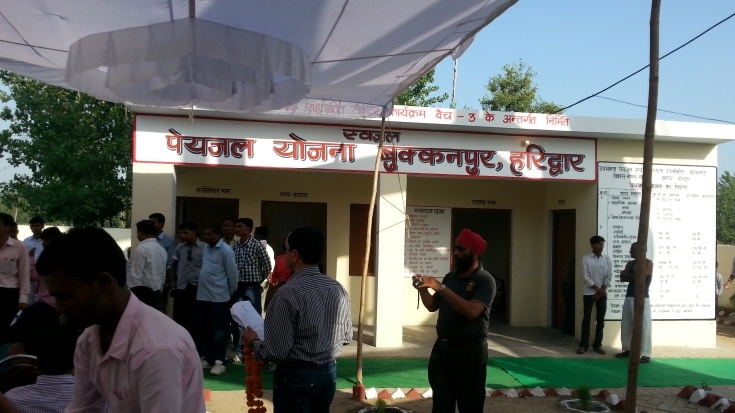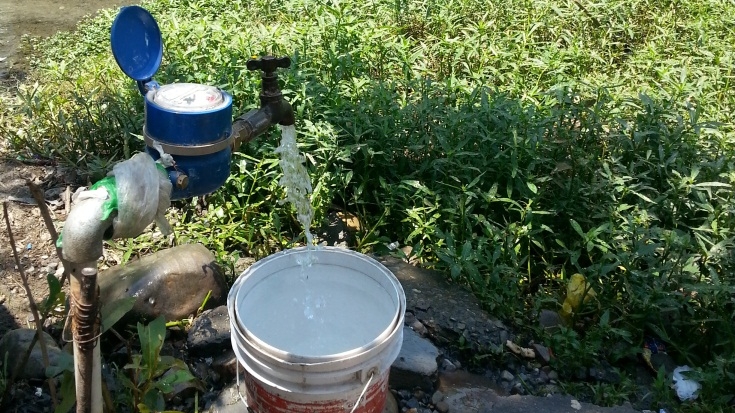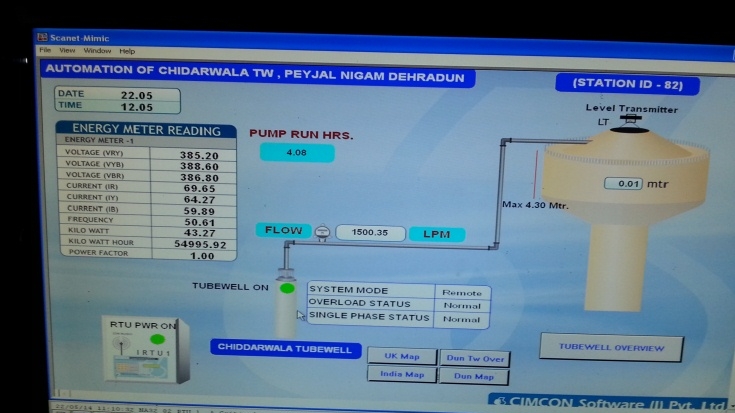“The quality of water in our village was extremely poor. We had been suffering from stomach-related ailments for very long. But now that we are receiving water three times a day at our homes, ailments like diarrhea have reduced dramatically. Women no longer have to spend hours collecting water. The water is also very tasty,” said Premvati, a former Pradhan (village head) of Bukkanpur village in Haridwar district, part of the northern Indian state of Uttarakhand.
Premvati was speaking to a group of visiting engineers from the states of Assam, Bihar, Jharkhand and Uttar Pradesh participating in a three-day knowledge and experience exchange workshop on “Decentralized Approaches to Deliver Rural Water Supply and Sanitation Services” in Dehradun.
Knowledge, learning and sharing seemed to be the buzzwords at this event specifically designed for officials from the four low -income states of Uttar Pradesh, Jharkhand, Bihar and Assam that has just begun implementing the recently launched World Bank project for Rural Water Supply and Sanitation (RWSS) in Low Income States.
The two-day workshop was followed by visits to villages in Uttarakhand to see water supply and sanitation schemes being implemented by the state and supported by the World Bank. Officials from the Uttarakhand RWSS program shared a Knowledge Kit with participants that contained templates for policy documents, social and environment management plans, monitoring and evaluation formats, and training manuals. This could serve as a ready reference for states to help design and implement their respective state reform programs.
“It was a useful and engaging platform for sharing learnings from water and sanitation projects being executed in Uttarakhand, Karnataka and Kerala. Such exchange of ideas and learning will benefit states like Assam, Bihar, Jharkhand and Uttar Pradesh which have just begun implementing the rural water and sanitation program,” said Smita Misra, Lead Water and Sanitation Specialist, World Bank.



